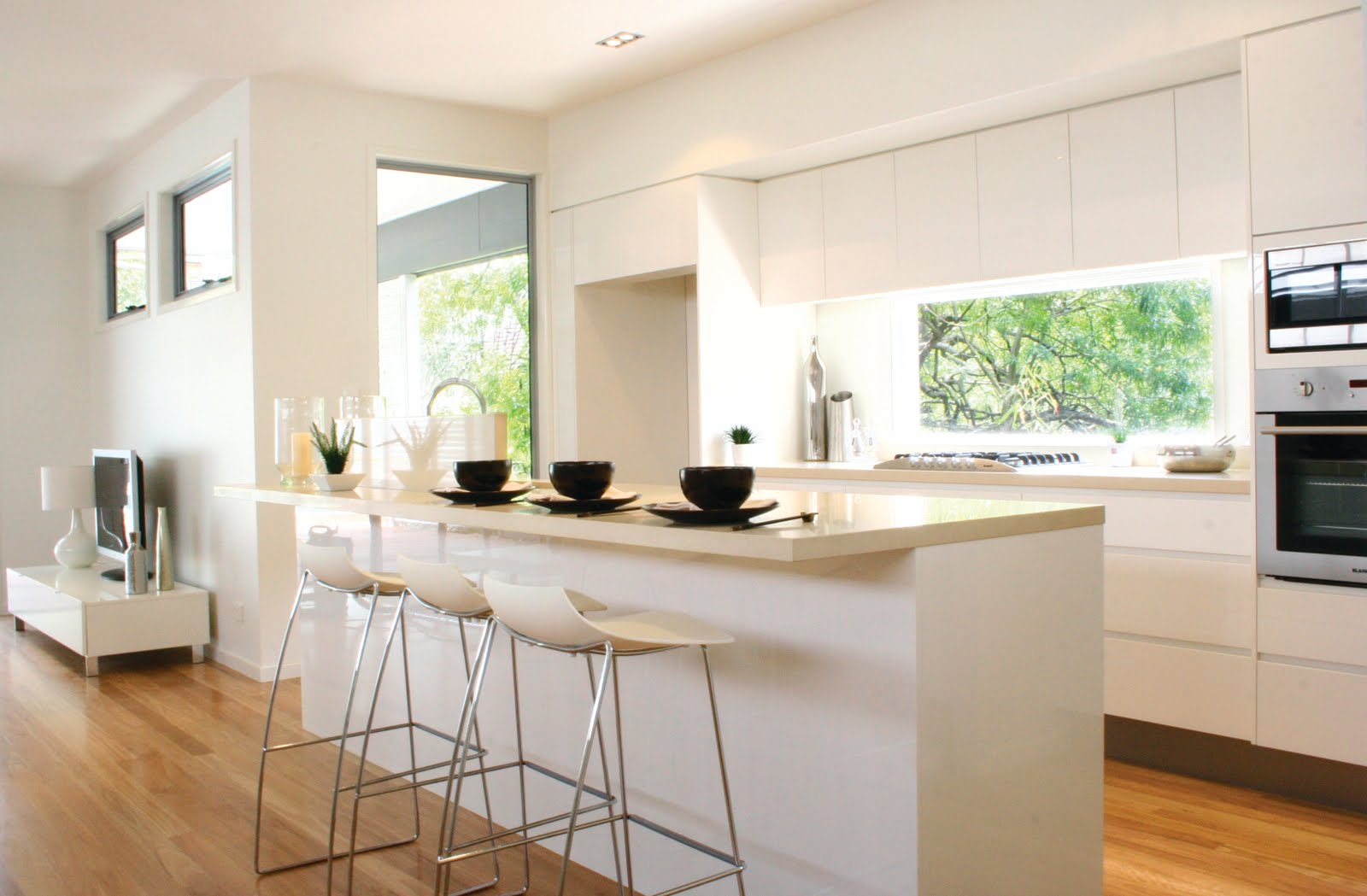
Eco-Friendly Culinary Spaces: Sustainable Kitchen Design
Sustainable kitchen design has emerged as a trend that not only enhances the aesthetic appeal of the heart of your home but also contributes to environmental conservation. From energy-efficient appliances to eco-friendly materials, a sustainable kitchen is a conscientious choice that aligns with modern eco-conscious living.
Energy-Efficient Appliances: The Power of Conscious Consumption
In a sustainable kitchen, energy-efficient appliances take center stage. Opting for appliances with high energy efficiency ratings helps reduce electricity consumption. From refrigerators to ovens, manufacturers now offer a range of eco-friendly options designed to minimize environmental impact without compromising functionality.
Recycled and Upcycled Materials: Second Lives for Sustainable Design
Integrating recycled and upcycled materials into the kitchen design is a key element of sustainability. Countertops made from recycled glass, reclaimed wood for cabinets, and tiles from repurposed materials contribute to a sustainable kitchen. These choices not only conserve resources but also add unique character to the space.
Low-Flow Faucets and Water-Saving Features: Conserving Every Drop
Water conservation is paramount in a sustainable kitchen. Low-flow faucets, water-saving dishwashers, and smart water meters help minimize water usage. Incorporating these features ensures that your kitchen not only functions efficiently but also aligns with eco-friendly practices for responsible water consumption.
Energy-Efficient Lighting: Illuminating Responsibly
The right lighting can significantly impact the ambiance and functionality of a sustainable kitchen. Opting for energy-efficient LED or CFL bulbs reduces electricity consumption. Designing the kitchen with ample natural light and strategically placing fixtures further enhances energy efficiency, creating a well-lit, eco-friendly culinary space.
Composting and Waste Separation: Closing the Loop
A sustainable kitchen actively manages food waste through composting and waste separation. Compost bins for organic waste, recycling containers for paper, glass, and plastics, and general waste bins facilitate responsible waste disposal. Implementing these practices completes the sustainability loop by reducing landfill contributions.
Smart Storage Solutions: Minimizing Excess and Maximizing Efficiency
Sustainable kitchen design prioritizes efficient storage solutions that minimize excess. From pull-out pantry shelves to stackable containers, the emphasis is on maximizing space while avoiding unnecessary purchases. Smart storage reduces clutter, encourages organization, and supports a sustainable lifestyle by discouraging overconsumption.
Green Appliances and Eco-Friendly Cookware: Nurturing Sustainability in Cooking
In a sustainable kitchen, the commitment to eco-friendly practices extends to cookware choices. Green appliances, such as induction cooktops known for their energy efficiency, and eco-friendly cookware made from sustainable materials contribute to a holistic approach to sustainable cooking and food preparation.
Natural and Non-Toxic Finishes: Creating a Healthy Kitchen Environment
Choosing natural and non-toxic finishes for kitchen surfaces is integral to sustainable design. Eco-friendly paint, sealants, and finishes free from harmful chemicals ensure a healthy indoor environment. These choices contribute to better indoor air quality, making the kitchen a safe and pleasant space for culinary pursuits.
Educational and Multi-Functional Spaces: Fostering Sustainability Consciousness
A sustainable kitchen serves not only as a functional space but also as an educational hub. Designing the kitchen to incorporate information about sustainable practices, recycling guidelines, and the impact of food choices fosters awareness. Multi-functional spaces, such as kitchen gardens, further encourage a connection to sustainable living.
To explore sustainable kitchen design ideas and transform your culinary space into an eco-friendly haven, visit Sustainable kitchen design. Embrace the principles of conscious design, reduce your environmental footprint, and create a kitchen that reflects your commitment to a sustainable lifestyle.
